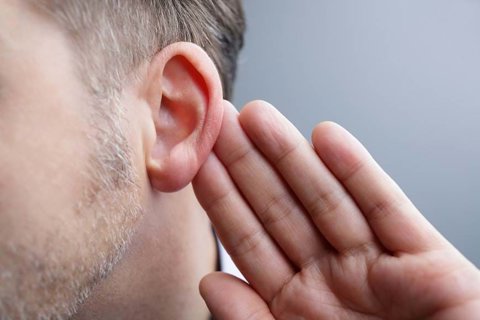Hearing Aids Open Up the World to People with Hearing Loss
Many clients have told me they are too embarrassed or too young to wear hearing aids, but technology is changing all the time, and hearing aids are now much smaller and less noticeable when worn.
There are different types of hearing aid offering different advantages, depending on size, levels of amplification and design. They are all battery operated and the main types are “in the ear” (which sit in the outer ear), “behind the ear” and “in the canal” (which sit in the ear canal).
Having spoken to clients who have been provided with hearing aids, they report that it’s been like opening up the world to them.
Damage to hearing caused by noise affects a person’s ability to hear higher frequencies of noise such as bird song. Once age-associated hearing loss starts to occur, coupled with noise damage, hearing ability can be badly affected, so a hearing aid can have a hugely positive effect on your life.
Treatments for Tinnitus
Tinnitus is a condition where noises are heard in the ear, despite the absence of an external source of sound, and can have a massive impact on your wellbeing.
It’s often described as ringing, whooshing, buzzing or a high-pitched noise, and can often be caused by exposure to loud noises at work. Dependent on how severe your symptoms are it can be very intrusive and cause sleep disturbance.
But treatments are available, with tinnitus therapy and Cognitive Behavioural Therapy helping sufferers develop techniques to manage and cope with the condition.
A lesser known problem which can be linked to noise damage is hyperacusis which relates to sensitivity to sounds.
I haven’t seen this condition often during my career and have dealt with one successful case for noise-induced hearing loss, mild tinnitus and hyperacusis. In that case, my client reported difficulties with children’s voices, which was very upsetting as he had young children. But as with tinnitus, retraining and acoustic therapies that aim to reduce reactions to hyperacusis and help a patient cope better are out there.
It’s important to remember that there is help available and if you think you may be suffering from a condition related to loud noise at work your GP can refer you for investigations and therapy. When you’ve been diagnosed with a specific condition you may then be in a position to claim compensation, so you’re in a position to access any specific equipment and therapies you may need to live with your hearing loss.
It’s rather a play on words, but to put it simply, you don’t have to suffer in silence.







